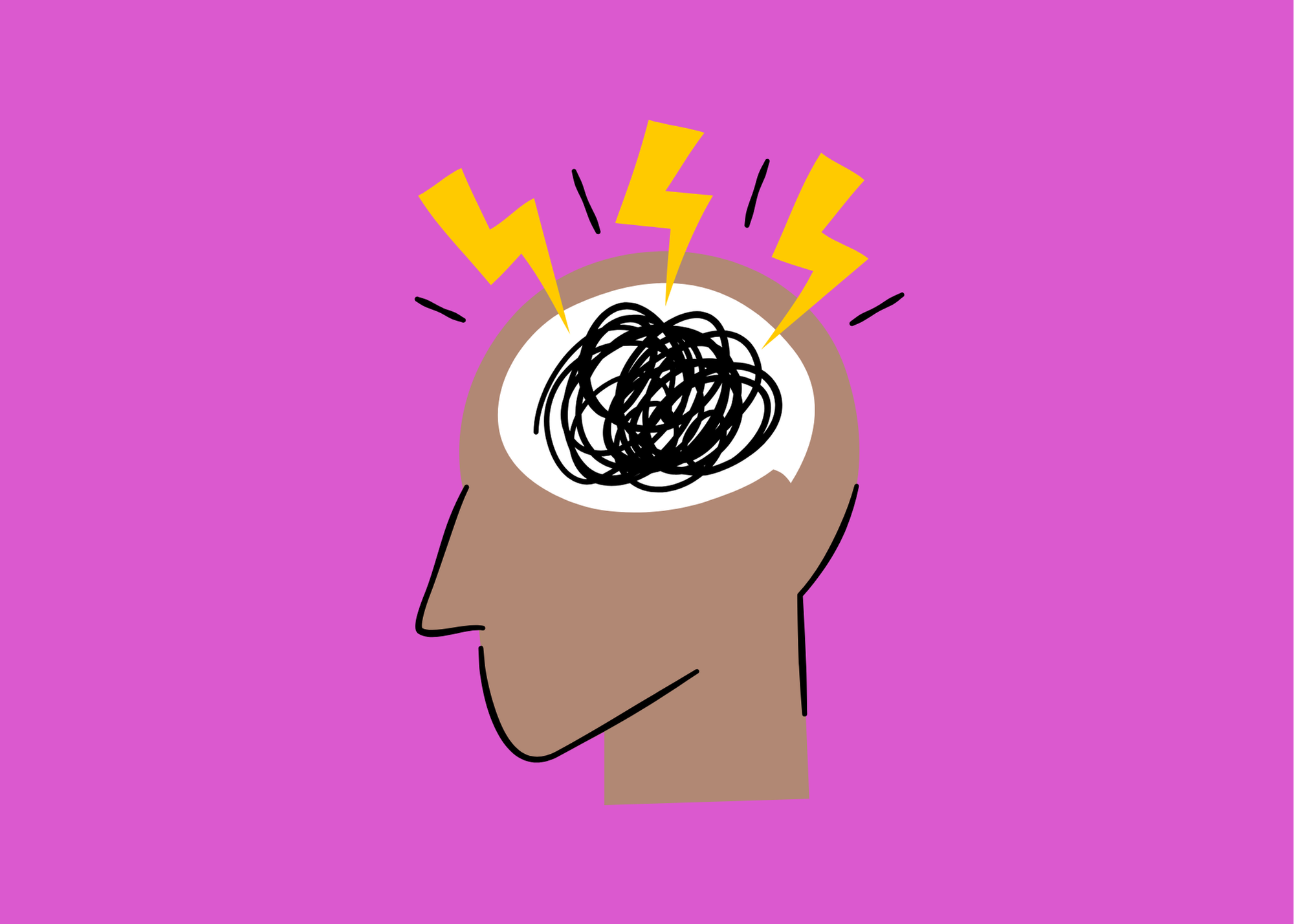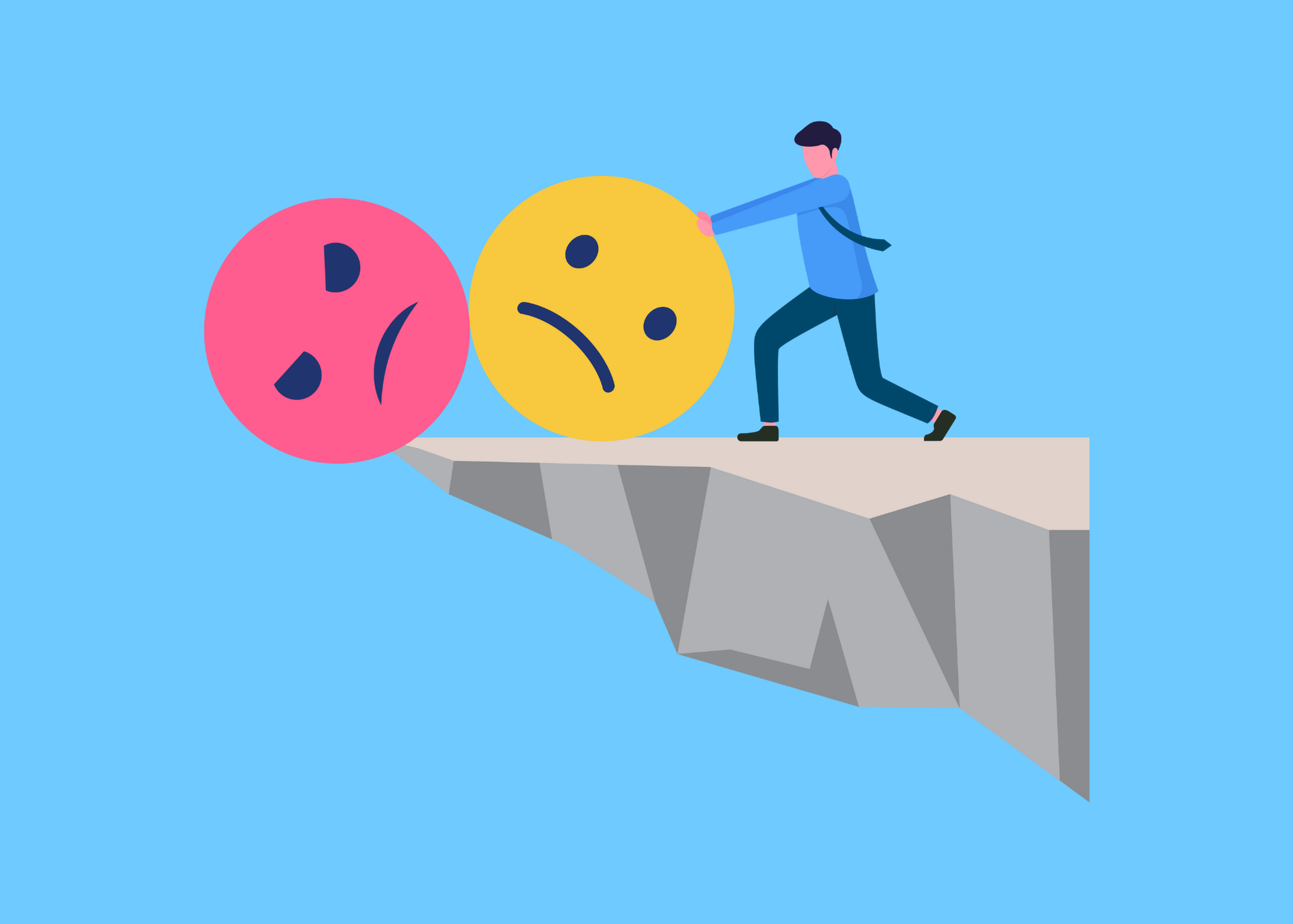Stress Debt: It Builds Over Months, Years, and Decades of Pushing Through Stress Without Properly Recovering
What Is Stress Debt?
Stress debt is exactly what it sounds like—a cumulative backlog of unprocessed, unresolved stress that keeps compounding like high-interest credit. It’s the result of prolonged exposure to chronic stress without adequate recovery, and just like financial debt, it eventually comes due, often with steep penalties.
You don’t wake up one day in burnout. It builds over months, years, even decades of pushing through stress without properly recovering. The body and brain can handle acute stress—it’s what we’re wired for. But when stress becomes a lifestyle, you start racking up a physiological and psychological deficit that can take years to repay.
What Contributes to Stress Debt?
1. Time Under Chronic Stress
The longer you stay in a state of chronic stress, the deeper your debt runs. If you’ve been grinding through high-pressure jobs, sleepless nights, and endless deadlines for years, your nervous system has likely been stuck in overdrive for just as long.
2. Toxic Workplaces
Work environments that foster fear, unrealistic expectations, and lack of psychological safety create chronic stress that doesn’t just stay at the office—it follows you home, disrupts your sleep, and rewires your nervous system to stay in fight-or-flight mode.
3. Toxic Relationships
Whether personal or professional, relationships that drain your emotional reserves add to your stress debt. High-conflict relationships, emotional neglect, or unsupportive environments keep your stress response activated, leading to long-term wear and tear.
4. Burnout and Overwork
There’s a difference between working hard and working yourself into the ground. When rest and recovery are treated as luxuries instead of necessities, burnout becomes inevitable, and stress debt accumulates at an alarming rate.
5. Neglecting Recovery
Recovery isn’t just about taking a vacation. It’s about the small, daily habits that allow your nervous system to recalibrate—quality sleep, proper nutrition, exercise, mindfulness, and social connection. Skip these, and you’re adding interest to your stress debt.
The Science Behind Stress Debt
Stress isn't just a feeling—it’s a physiological process. Chronic stress leads to an overactive hypothalamic-pituitary-adrenal (HPA) axis, which keeps cortisol levels high, disrupts sleep, impairs cognitive function, and weakens the immune system. Over time, prolonged HPA activation leads to systemic inflammation, insulin resistance, and even changes in brain structure, particularly in areas responsible for memory, emotional regulation, and decision-making.
Studies have linked chronic stress to increased risks of heart disease, diabetes, anxiety disorders, depression, and even neurodegenerative diseases. The longer stress remains unchecked, the harder it is to recover.
How to Pay Off Your Stress Debt
1. Acknowledge the Debt
You can’t fix what you don’t track. Take an honest inventory of how long you’ve been running on empty. Has it been months? Years? A lifetime? Awareness is the first step to recalibrating.
2. Prioritize Sleep Like Your Life Depends on It (Because It Does)
Chronic stress disrupts sleep, but sleep is your body’s number one recovery tool. Aim for at least seven hours per night, and focus on sleep quality by keeping a consistent schedule, reducing screen exposure before bed, and managing nighttime stressors.
3. Reintroduce Daily Recovery Practices
Movement: Exercise isn’t just for physical fitness—it’s a stress regulation tool. Walking, strength training, and yoga all help reset your nervous system.
Mindfulness & Breathwork: Techniques like deep breathing, meditation, and progressive muscle relaxation activate the parasympathetic nervous system, helping you downshift from stress mode.
Social Connection: Loneliness and chronic stress go hand in hand. Investing in meaningful relationships provides a buffer against stress and accelerates recovery.
4. Break the Cycle of Overwork
If your default response to stress is working harder, it’s time for a paradigm shift. Sustainable high performance comes from balancing effort with recovery. Set boundaries around work, learn to say no, and build in intentional downtime.
5. Address the Root Cause
If your stress debt stems from a toxic job or relationship, no amount of meditation will offset the damage. It may be time for a bigger life overhaul—whether that’s a career change, setting firm boundaries, or reevaluating priorities.
What Happens If You Ignore Stress Debt?
The short answer? It compounds. The longer stress debt goes unpaid, the more severe the consequences. Chronic stress rewires the brain for anxiety, depression, and emotional instability. It impairs cognitive function, making it harder to focus, make decisions, and perform at a high level. Physically, it accelerates aging, increases the risk of chronic disease, and weakens the immune system, making you more susceptible to illness.
Burnout isn’t just about being tired—it’s a full-body system failure that can take years to undo if left unchecked.
Can You Ever Fully Repay Stress Debt?
While you can’t erase years of chronic stress overnight, you can absolutely recalibrate your system. The body has an incredible capacity for recovery—if you give it the right conditions. Just like financial debt, the sooner you stop accumulating new stress and start making consistent recovery payments, the better your long-term outcome.
Final Thought: Don’t Wait for a Crisis
High achievers love to push through stress, but resilience isn’t about how much stress you can endure—it’s about how effectively you recover. Stress debt doesn’t disappear on its own. The only way out is through intentional, structured recovery.
The question isn’t whether you have stress debt—the real question is: What are you going to do about it?
Article References
The sources cited in the article:
Columbia Doctors. "Chronic Stress Can Hurt Your Overall Health." Columbia Doctors - Chronic Stress Can Hurt Overall Health
National Institutes of Health (NIH). “The Effects of Chronic Stress on Health.” NIH - Effects of Chronic Stress on Health
American Psychological Association (APA). "Stress Effects on the Body." APA - Stress Effects on the Body
Mayo Clinic. "Chronic Stress Puts Your Health at Risk.” Mayo Clinic - Chronic Stress Puts Your Health at Risk
Yale. “Chronic Stress.” Yale - Chronic Stress






